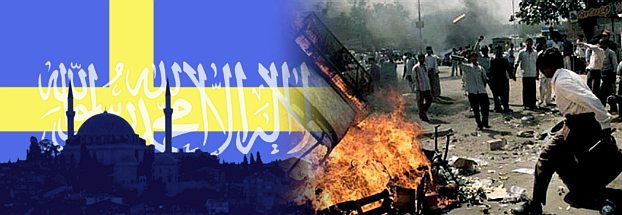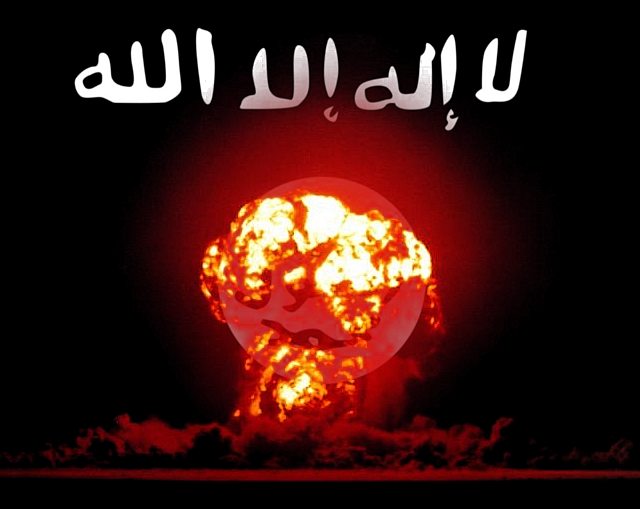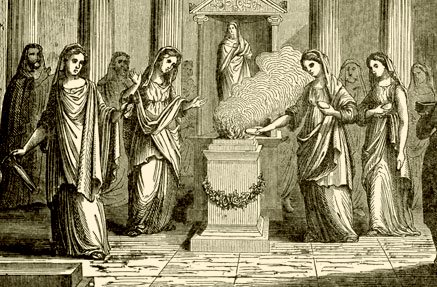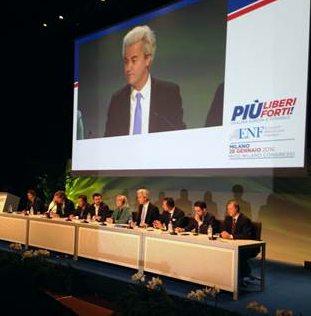Our Indian correspondent Krutya sends his observations about the European “refugee” crisis, and specifically the situation in Sweden. He includes a series of questions about the problems associated with Muslim integration in the West, and invites input from Gates of Vienna readers.
Sweden’s Refugee/Immigration Challenge
It may go the way India went in 1947: to partition
by Krutya
I read the news from Sweden and other European nations, and I want to help, but I do not know how. I feel very badly for Sweden’s immigration/refugee crisis. No country that opens its doors to the refugees should be punished for its generosity by the same people whom it embraces.
The refugees from war-torn, impoverished nations of Middle East, North Africa and Arab nations pouring into Europe is a major challenge to the original inhabitants of Europe. I am going to avoid all political correctness.
A point of clarification: While Islam is practised the world over, the major problems seem to come from the Arab and Middle Eastern cultures, whose influence has been felt in Africa and other parts of the world. While my questions are about the Muslim population, I am primarily focusing on the Muslims from these Arab, Middle Eastern and African nations.
I am an Indian and I would like to believe I am as liberal and rational as the other person. What is my interest in Sweden’s refugee/immigration debate? Simple: I want every nation to maintain its unique cultural heritage proudly. That’s what makes the Earth interesting and livable. I have never visited Sweden, but those Scandinavian and some European nations are among the best nations to live in. While it may be futile to replicate their economic standard of living, perhaps every country could imbibe some of their values of social welfare, the rule of law, health care, education and a measure of broad-mindedness. If such open societies were to absorb sizeable populations from a society that is closed, regressive and sometimes incompatible with modernity, these accommodating cultures will experience a threat to their existence. Sweden has to only look at India to understand the influence Islam has had on its history.

The India that the British ruled included India, Pakistan and Bangladesh. Up until 1000 AD, the Indian subcontinent was largely Hindu with sizeable populations of Jains, Buddhists and followers of animism. In 1000 AD the Islamic invaders from Arab and Middle East began to make successful forays into India, eventually ruling India for 850 years.
By 1947 the Hindu population was reduced to 68% of the Subcontinent. Muslims were 24% of the population. The Muslims convinced themselves that under a united India, Muslims would be under threat from the Hindu majority, and that they might lose their religious and cultural identity. Mind you, it was Muslim invaders from the Middle East and Arabia who invaded India, destroyed Hindu temples, and erected Grand Mosques upon the foundation of these Hindu and Jain temples, stamping their victory on the pagans and idolaters and violently converting the local populace.
After the Muslims dynasties had ruled India for 850, years until the 1850s, in 1947 they thought they were under threat from a Hindu India. Not all Muslims were convinced by such an explanation, but a large number were. Even though they were culturally Indian, the Muslims who migrated to Pakistan related to the Arab culture. The native, ethnic Indian culture is all but dead in the Islamic Republic of Pakistan.
In the Indian subcontinent, the population of Hindus decreased from 68% in 1947 to 61% in 2015. During the same time, the Muslim population in the subcontinent increased from 24% in 1947 to 33% in 2015. In India we have 172 million Muslims, as compared to 191 million Muslims in Pakistan and 153 million in Bangladesh. Hindus are almost extinct in Pakistan and are down to less than 10% in Bangladesh. Hindu culture is destroyed in Pakistan and under constant threat in Bangladesh.
In India, Islam was introduced by the sword, with bloodshed, looting, rape and pillage. While that may be the way armies behaved in the medieval world, Islam’s spread in India has been terribly violent, to put it very mildly.
Islam as we know it was never a spiritual path, but a political statement. In large numbers, Islam shows no mercy towards the other. In small numbers they successfully play the victim and appeal to the same modern values of liberal-mindedness that they so disdain to introduce in Islamic culture. I fear that Sweden may have opened its doors too widely and carelessly without fully knowing the history of Islam’s propensity to violently and totally eliminate the native culture wherever it finds a home.
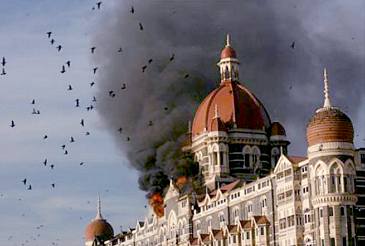
I am proud of the heritage that I was born into. But I find it distressing that I must be careful in protesting against the sometimes favourable treatment meted out to my Muslim compatriots lest I be labelled a right-wing extremist. True, Muslims have their set of challenges in India, but the problems for them were not created by the Hindu majority. If that were true, how can the growth in proportion of the Muslim population in India from less than 10% to 15% be explained? Why are India’s biggest movie star, its most celebrated music director, its second-richest man and its most-loved President Muslims?
I am disappointed that while I have to follow the Law of the Land, our Muslim citizens have a separate set of civil laws. While such laws were justified in the immediate aftermath of India’s partition, continuing with such laws has no rationale. Suggesting they follow a Uniform Civil Law is shouted down by saying that we are majoritarian, and do not respect a Muslim’s right to practice his tradition. And this is just one of the many examples.
Muslim apologists, ultra-liberals and pseudo-secular “intelligentsia” demand that rich, peaceful, well-developed and liberal European Nations accept more and more immigrants/refugees from the troublesome Muslim nations. These host nations are blameless for the troubles of these Muslim refugees. To demand that they pay for someone else’s mistakes is unreasonable, to put it mildly.
In this communication I hope to put forth my support for Swedish culture, and to pray that it succeeds in maintaining its proud culture and heritage.
As for the refugee/immigrant debate, I present my observations and ask questions for which I would like to know some answers. For ease of comprehension, I have divided them into four categories. Further, I define refugees as those fleeing from atrocities for dear life, while immigrants are moving towards a better life than the miserable one their nation has handed them.
The Commonality of Crisis
Observations:
| 1. |
|
Most refugees/immigrants are Muslims from Muslim nations usually running from atrocities committed by other Muslim groups. These groups could be: Terrorist organizations, nations with a majoritarian belief system (such as Sunnis against Shias), kingdoms, ethnically different cultures with animosities between them predating Islam itself. |
| 2. |
|
Most refugees/immigrants are from Arabian, Middle Eastern, or African nations with a distinct Islamic influence.
|
Questions:
| 1. |
|
Why is it that refugees are mostly from Islamic nations? |
| 2. |
|
Are all these Islamic nations so utterly useless in protecting their compatriots and citizens? |
| 3. |
|
If a Muslim is not safe in a Muslim nation among his own Muslim neighbours and citizens, why does he hope for a better life in an Agnostic/Non-Islamic/Christian nation? |
| 4. |
|
If he can’t find peace in a nation that practices Islam — the Religion of Peace — and if he searches for a peaceful life in the Dar-al-Harb or Dar-al-Kufr, is he not being blasphemous? |
| 5. |
|
If Islam can’t foster peace and brotherhood among the millennia old animosities among African and Arab tribes and kingdoms, then how does it claim to be the only path to peace?
|
The Commonality of a Better Life
Observations:
| 1. |
|
These refugees choose a well developed country — such as Sweden, Germany, Canada — that is religiously different, linguistically alien, culturally unimaginable, in the hopes of a better life.
|
Questions:
Continue reading →
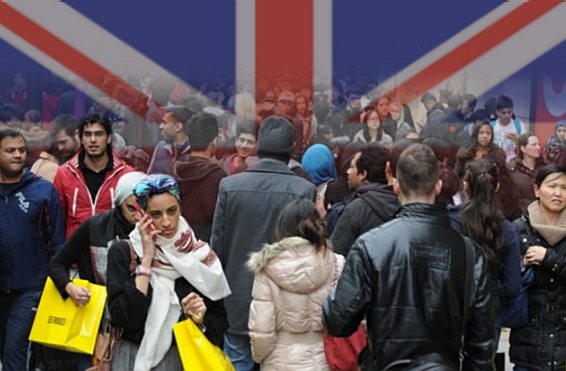

 German Chancellor Angela Merkel says that she expects the “refugees” from Syria and Iraq to return home once their countries are at peace again, carrying with them the skills and knowledge they have acquired during their stay in Germany. Meanwhile, the latest polls shows that her party, the CDU, has lost an additional two percent in its approval rating with voters.
German Chancellor Angela Merkel says that she expects the “refugees” from Syria and Iraq to return home once their countries are at peace again, carrying with them the skills and knowledge they have acquired during their stay in Germany. Meanwhile, the latest polls shows that her party, the CDU, has lost an additional two percent in its approval rating with voters.


